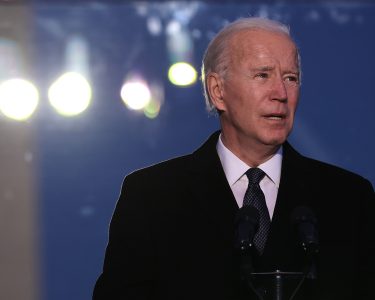Lobbyists have become a ubiquitous feature of the American political landscape. They represent a variety of special interest groups and seek to influence government policy on behalf of their clients. But what impact do these lobbyists have on American politics, and is their influence always beneficial?
At its core, lobbying is a form of advocacy. Lobbyists work to persuade elected officials, government agencies, and other decision-makers to take actions or adopt policies that benefit their clients. These clients may be corporations, trade associations, non-profit organizations, or other groups that have a stake in a particular issue.
The influence of lobbyists on politics is significant. According to the Center for Responsive Politics, over $3.5 billion was spent on lobbying in 2020 alone. This money is used to fund everything from expensive advertising campaigns to lavish events designed to sway lawmakers.
But does all of this spending actually translate into meaningful policy outcomes? The answer is often yes, but not always. Lobbyists can play a critical role in shaping policy at all levels of government, from city councils to Congress. They may provide policymakers with valuable information, draft legislation, or offer expertise on complex issues.
However, the influence of lobbyists can also have negative consequences. For example, lobbyists for the tobacco industry famously played a role in delaying government action on smoking-related health risks for years. More recently, lobbyists for the fossil fuel industry have fought against climate change legislation, despite overwhelming scientific evidence that such legislation is needed.
Another issue with lobbying is the potential for conflicts of interest. Lobbyists are hired to represent their clients’ interests, which may not always align with the public interest. This can lead to policies that benefit powerful interests at the expense of ordinary citizens.
Furthermore, the role of lobbyists in American politics has come under increasing scrutiny in recent years. Many critics argue that the sheer volume of money spent on lobbying is corrupting the political process, giving wealthy interests undue influence over government policy. Others point to the revolving door between lobbying firms and government positions, which can create conflicts of interest and further entrench the power of special interests.
Despite these concerns, lobbying is likely to remain an important part of the American political system for the foreseeable future. As long as there are interest groups seeking to influence government policy, there will be lobbyists working to represent them. The key challenge is ensuring that this influence is transparent, ethical, and aligned with the public interest.
One potential solution is to increase transparency around lobbying activities. Many states and local governments have implemented lobbying disclosure laws, which require lobbyists to register and report on their activities. However, there is currently no federal law requiring such disclosures, and some lobbying activities may still occur in secret.
Another approach is to limit the influence of money in politics more broadly. Campaign finance reform, for example, could help to reduce the outsized influence of wealthy donors and special interests in elections. However, this would require significant changes to the current system, which may be difficult to achieve given the entrenched interests involved.
In conclusion, the role of lobbyists in American politics is a complex and often controversial topic. While lobbyists can play a valuable role in shaping policy, their influence can also have negative consequences, particularly when it is used to advance narrow or self-interested agendas. As such, it is important for policymakers and the public alike to remain vigilant in ensuring that lobbying activities are transparent, ethical, and aligned with the public interest.




